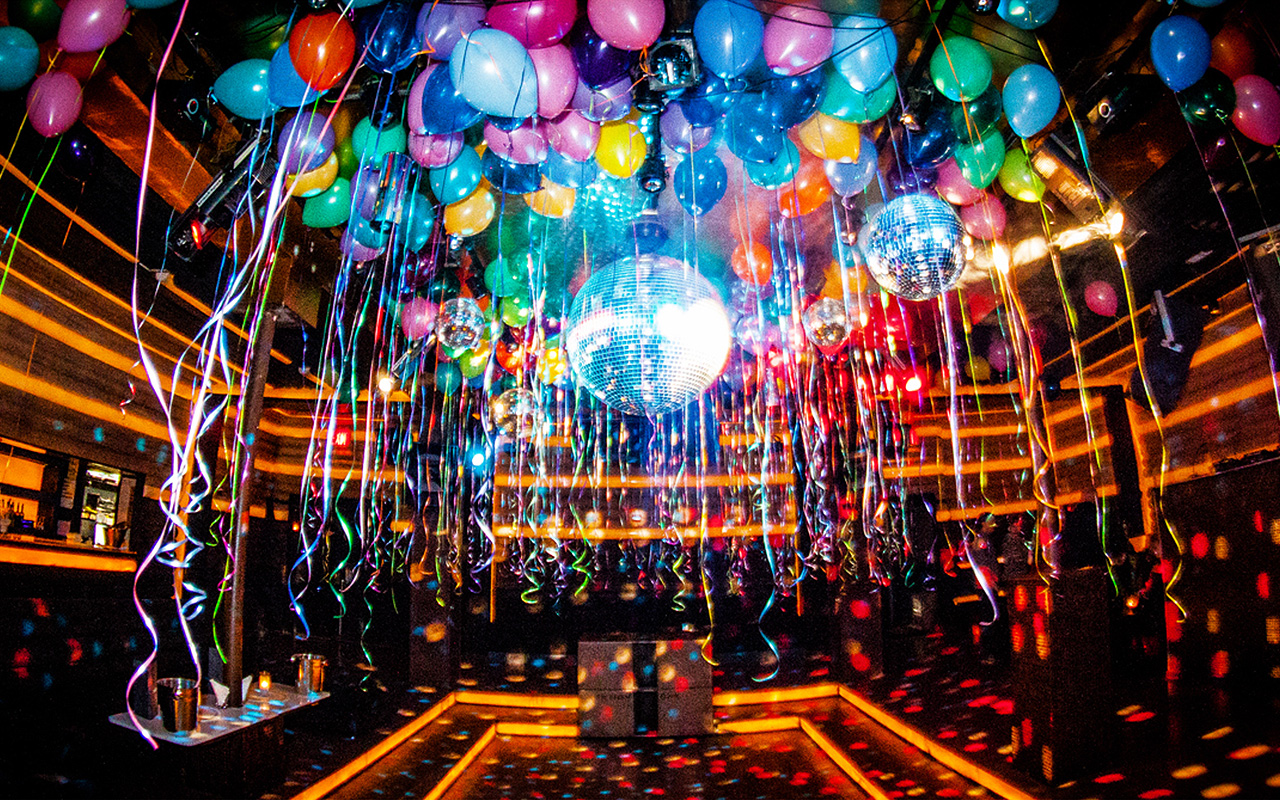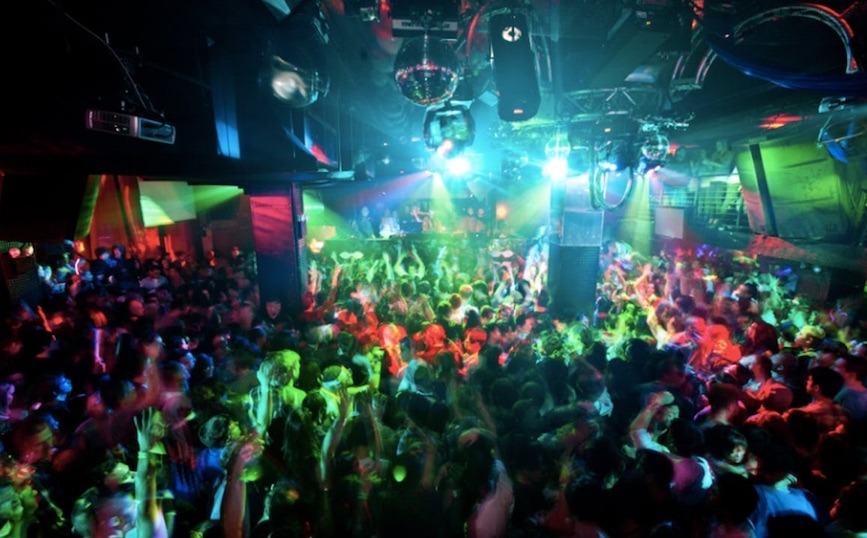What defines a legendary nightclub, a place etched into the collective memory of a city? Cielo, the New York City haven of house music, stands as a testament to the enduring power of music, community, and an unwavering dedication to the art of the dance floor. Its a name whispered with reverence by those who lived through its heyday and still holds a certain mystique for those who missed the experience but understand the cultural significance.
Nestled in the Meatpacking District, Cielo wasnt just a club; it was an institution. Its unassuming exterior belied a meticulously crafted space, where the sound system was king and the vibe was carefully curated. From its opening in 2003, Cielo quickly became synonymous with the highest quality house music, drawing both established DJs and up-and-coming talents. The club's intimate setting, with its iconic retractable roof, created an atmosphere of unparalleled energy, fostering a sense of togetherness that transcended the typical nightclub experience. It was a place where music lovers, regardless of their background, could come together to lose themselves in the rhythm, celebrating the shared experience of dance and connection.
The success of Cielo wasn't an accident; it was a direct result of the vision and dedication of its creators, coupled with a deep understanding of what makes a great club. The focus was always on the music and the experience. The sound system, a Funktion-One rig, was considered one of the best in the city, meticulously calibrated to deliver crystal-clear sound that enveloped the dance floor. The resident DJs and guest artists were carefully selected, ensuring a consistent stream of high-quality house music, from soulful vocals to driving tech beats. The club's promoters understood the importance of creating a welcoming and inclusive environment, where everyone felt comfortable and free to express themselves. This fostered a sense of community that extended beyond the walls of the club, making Cielo more than just a place to dance; it was a gathering place, a family.
The Meatpacking District itself played a significant role in Cielo's success. In the early 2000s, the area was undergoing a transformation from a gritty industrial zone to a hub of high-end boutiques and trendy restaurants. Cielos presence helped define the districts nightlife, attracting a sophisticated crowd that valued music and culture. The club provided an alternative to the more mainstream nightlife options, catering to a diverse audience that appreciated the artistry of the DJs and the intimate atmosphere. It became a cornerstone of the neighborhood's evolving identity, contributing to its vibrant energy and appeal. The location, with its proximity to art galleries, fashion studios, and other cultural institutions, further enhanced Cielos allure, making it a destination for those seeking a more discerning nightlife experience.
Cielos impact on the music scene extended far beyond its physical location. The club played a crucial role in promoting house music and nurturing the careers of numerous DJs. Its reputation as a premier venue attracted some of the biggest names in the industry, while also providing a platform for emerging artists to showcase their talents. The club's resident DJs became household names, their sets frequently broadcast online and on radio, expanding Cielos reach and influence. The club's commitment to quality music, along with its unwavering focus on the dance floor experience, served as an inspiration to other clubs around the world, setting a new standard for what a truly great nightclub could be. The legacy continues to inspire, demonstrating the power of a well-curated space and its lasting effects on the music community.
The retractable roof was a crucial feature, creating a feeling of liberation and a seamless transition from the enclosed interior to the open sky, particularly during warmer months. This connection to the outdoors contributed to the feeling of freedom and euphoria that permeated the club, enhancing the overall experience. The ability to open the roof on a warm night was a defining characteristic of Cielo, turning it into a space that could adapt to the changing seasons and moods, thus contributing to its unique atmosphere.
The staff played a vital role in creating the Cielo experience. From the bartenders and wait staff to the security personnel and the people running the sound and lighting, every member of the team contributed to the club's welcoming atmosphere. Their professionalism, attention to detail, and commitment to creating a positive experience ensured that patrons felt comfortable and well-cared for. The staff's dedication to maintaining the club's high standards played a crucial role in its longevity and success. The friendly faces and efficient service helped to foster a sense of community and contributed to the club's reputation for excellence.
The evolution of the New York City nightlife scene contributed to the eventual closing of Cielo. Changing tastes, economic shifts, and the relentless churn of the entertainment industry all played a role. The clubs closure in 2014 marked the end of an era, but it also cemented Cielo's status as a legend. While the club may have closed its doors, its influence on the citys music scene and its lasting impact on those who experienced its magic continues. Its memory continues to live on in the hearts and minds of those who were fortunate enough to experience its magic, a testament to the power of music, community, and the unforgettable experience of a truly great nightclub. The end of Cielo was not a failure, but a testament to its powerful story.
The closing of Cielo marked the end of an era, but the spirit of the club continues to live on. The memory of Cielo resonates with those who experienced its unique atmosphere and the magic of its dance floor. The legacy of Cielo is one of exceptional music, a welcoming community, and an unforgettable experience that continues to inspire.
The club, in its prime, stood as a beacon of quality house music in New York City. Its impact is still felt today.


